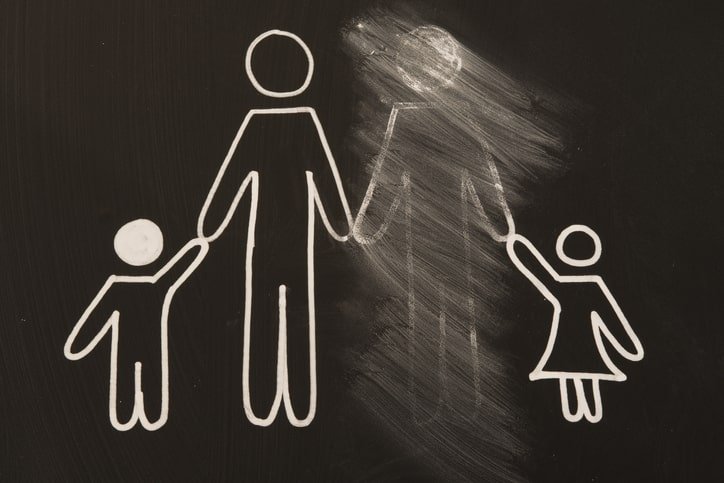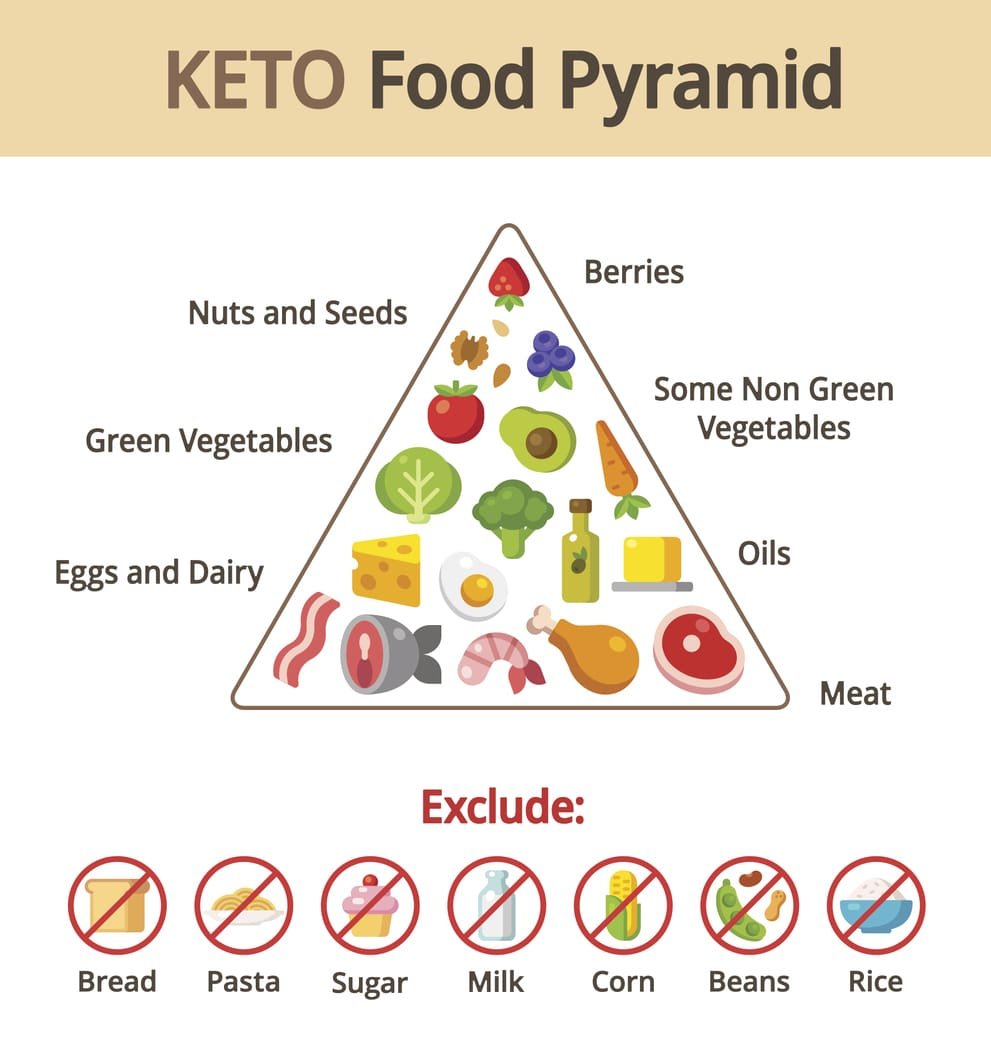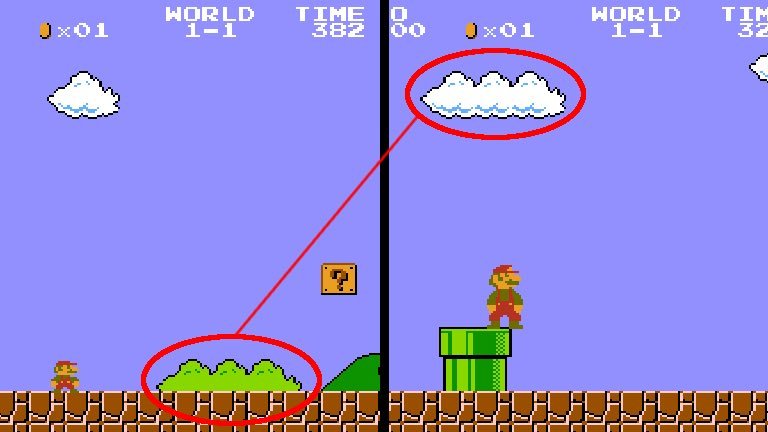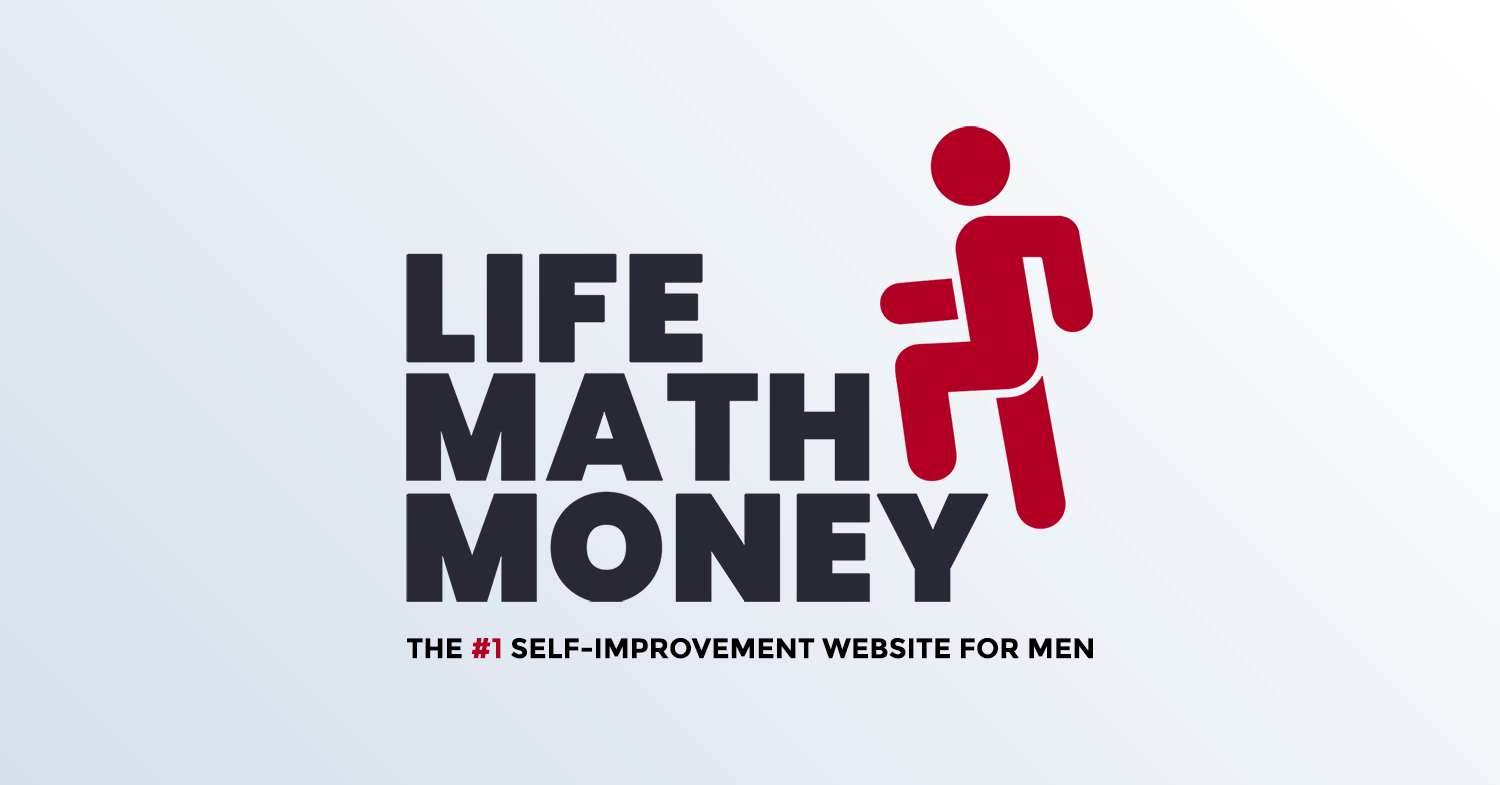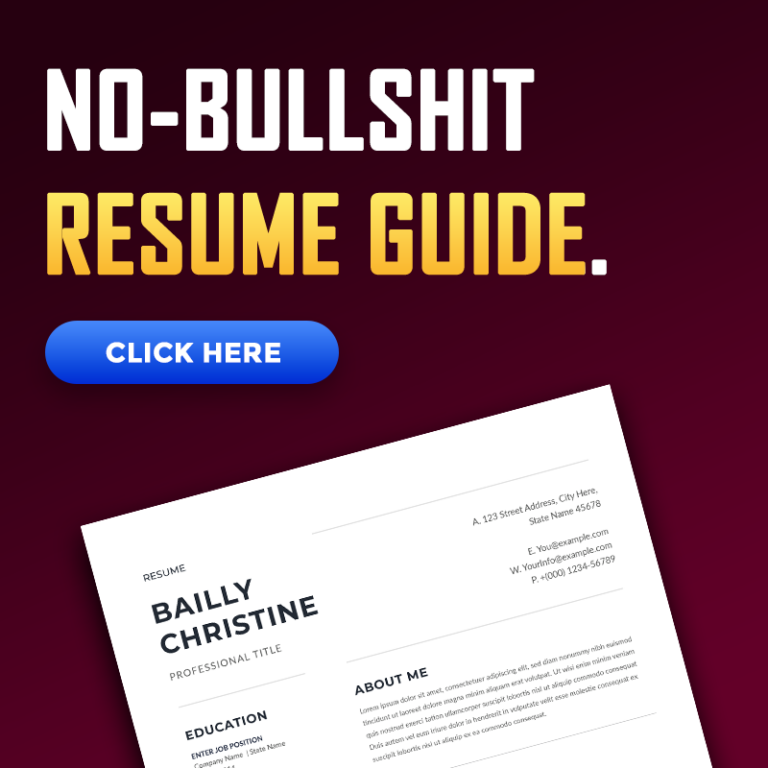This article is for people who speak English as a second language, and while they can get their message across, they struggle to speak fluently and gracefully.
Maybe you grew up in rural India; maybe you didn’t go to an English medium school – whatever the case, this article is for you.
The Three Main Issues Holding You Back
Most people I see who come from this background seem to have three problems with their English skills:
- They need to process speech from their native language to English and vice versa. This makes them repeatedly pause when speaking and makes them appear incompetent, doubtful, and unintelligent (people assume you’re low value). It also keeps interrupting the flow of the conversation and makes talking to them a test of patience.
- They make errors in the placement of articles and prepositions. For example, instead of saying “I want a pizza with some paneer”, they will say, “I want pizza with paneer”.
- They (obviously) do not have a sophisticated way of speaking. For example, a fluent speaker might say, “Man, it’s freezing in here, let’s turn the AC off.” Instead, they’ll use a straightforward “It’s very cold, can we turn the AC off?” (Nothing wrong with this, but it does make things feel too formal at times and makes these people harder to connect to – it takes away from their charisma by making them seem too plain.)
How to Become More Fluent In English
Phase 1: Gaining Familiarity and Developing Your Intuition
Our first order of business is becoming more familiar with the language (in a non-academic way) and building up intuition for sentence structure. We will also be expanding our vocabulary.
Here’s what you need to do: Read novels.
Novels are superior to non-fiction in the beginning because they will make you better at sophisticated informal communication (see problem #3 above). You will learn a lot from the dialogues the characters in them have.
Novels, especially the fat ones, can seem intimidating at first, but they’re nothing to be afraid of. If you read 15 pages a day (easily doable in less than an hour), you could get done with a fat 450 page novel in … one month.
Here are the ones I recommend reading (in order):
1) The Harry Potter Series (7 books)

This series is perfect for beginners since the language used is fairly simple, and that the first few books are relatively short (by novel standards) – so it’ll be easy for you to build momentum.
Reading your first novel is the hardest because the task feels so intimidating, but don’t worry – you’ll be burning through them sooner than you think.
Estimated time to read all 7 books: The total word count of all Harry Potter books combined is about 1,084,170 words. If you read at 200 words per minute (slow), it should take about 90 hours for you to read them all. Investing 1 hour per day, that’s about 3 months of time.
If you want to build better habits (including reading) and get rid of your bad ones in a 3-month time frame, take the Live Intentionally: 90 Day Self-Improvement Program. It will change your life.
2) The Inheritance Cycle (4 books)
Once you get done with Harry Potter, take up the four Eragon books. It’s a fun, fast-moving read (except the second book in the series). The English used is a bit more cryptic than in Harry Potter, so it’ll add to your progress.
Fun fact, this was the first novel I read. I read it back in 9th grade, and I used to be afraid of novels too.
Estimated reading time: The Inheritance Cycle has about 904,000 words, so about 75 hours of reading material, at 200 wpm, or about 2.5 months at 1 hour per day. (Likely to be lower, since your reading speed will have improved quite a bit.)
3) The Wolf of Wall Street (1 book)
Another fun read that is also on the LMM book recommendations page. I recommend reading this one because, unlike all the 11 books above, this one is set in the real world and will teach you more contemporary real-life language.
Estimated reading time: This book has about 180k words, so about 15 hours of reading. Or about half a month at 1 hour per day.
All in, phase 1 will last about 6 months and will span 12 novels. Make sure you have a dictionary by your side for when you spot new words.
Here is what you should expect after phase 1:
1) Your reading speed should be much faster.
2) Your English will become more sophisticated. You won’t be as awkward as you used to. You will also become more comfortable using slang and shorthand words like should’ve, could’ve, wanna, gonna, they’ll, we’ll, etc.
3) Most importantly, you won’t be making errors like you used to. You will have developed the instinct to use correct grammar. You will no longer have to think about whether you need to say, “I need a chair” or “I need the chair” – it will come to you instinctively (just like how it is with your native language currently).
Congratulations, half the battle is already won by the end of Phase 1.
Phase 2: Becoming a Fluent Speaker
While you now “know” English, speaking it fluently still takes some practice.
1) Find Someone to Converse in English With:
It is best if you can find yourself around a group of people who speak English well, since being around a fluent speaker will help you become fluent so much faster as you pick up their language skills.
If you don’t have anyone around you who speaks English well, the next best thing is another learner like you. Although, keep in mind that someone on the same level as you cannot point out and correct your mistakes, and the two of you might end up practicing bad English.
If you’re really out of options (highly unlikely), I would say hire a native speaker on Fiverr to speak with you. Search for “practice English” and you should be able to find someone for about $10 an hour. You can also find Tutors on other websites like Italki or Cambly, but I’ve never used them.
2) Watch Some Foreign TV Shows and Movies (Or Listen to Podcasts)
This is probably the only time I’ll endorse watching TV and movies. Just make sure you’re watching macho stuff and not bullshit sitcoms like How I Met Your Mother and FRIENDS which are just psyops designed to turn you into a beta male.
Here are some recommendations:
- Burn Notice
- The Joe Rogan Podcast
- Life Math Money Podcast
- White Collar
- Tarantino Movies
- Die Hard
- Rocky
Figure this out. I don’t watch any TV or movies, so I’m the wrong guy to ask.
The goal here is to get familiar with different styles of speaking English and learn to contextually use proverbs, idioms, common sentences, etc. (For example, “take it in stride”, “it’s okay, can’t win ’em all”, “I’m just being hopeful, never say never, you know.” – all of it makes you sound more human, relatable, and genuine.)
3) Start Listening to English Music (and Sing Along):
Pick some English songs (avoid love and romance related songs) and then try to sing along with them (lyric videos help).
The goal here is to give you practice with speaking fast – otherwise, you will end up stammering and getting stuck mid-sentence all the time.
Learn to Think in English
Over the long term, you will have to teach yourself to “think” in English instead of thinking in your native language. When you think in your native language and then convert to English, your brain spends some time in the conversion process, and to the outside observer, it looks like you’re pausing and getting stuck.
This is something that will come with time as you finish phase 1 and move to phase 2.
Don’t pressure yourself too much about it, take it one day at a time, and your English speaking skills will have markedly improved and you should be reasonably fluent in a year or so.
Hope this helps,
Your man,
Harsh Strongman
P.S. This method works. This is (kind of) how I got good with English. I don’t come from a family of native speakers either.





